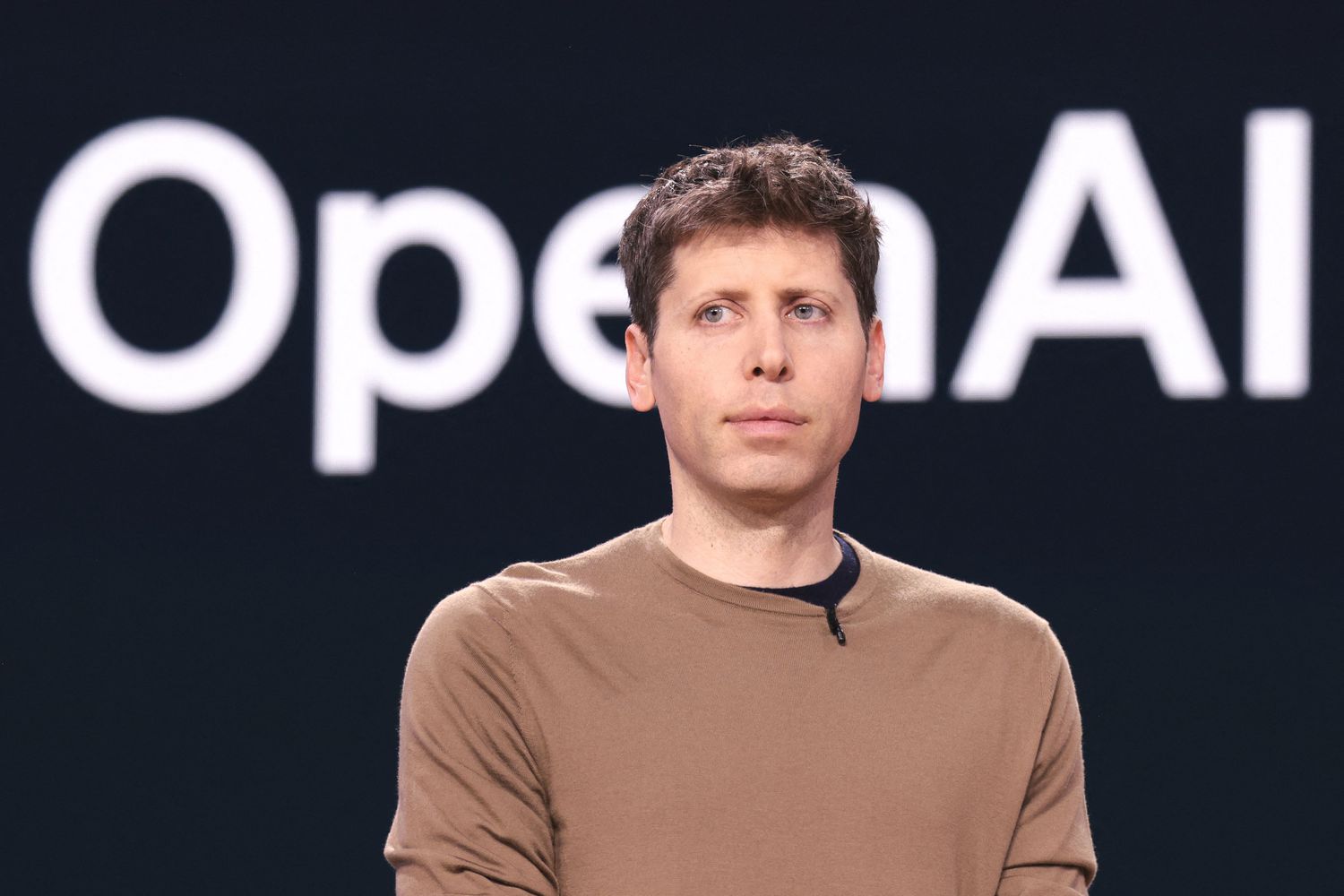Beyond AI Doomerism: The Human Skills That Machines Can't Replace


The AI doomer view is that almost everything humans can do AIs will be able to do. So in fact the problem isn't that there will be a lack of jobs—it's that there will be a lack of things that humans do better than AIs.
This observation from AI researcher Andrej Karpathy captures the existential tension many feel about artificial intelligence—not just fear of job loss, but fear of human obsolescence.
The Persistent Paradox of Technology-Driven Disruption
History offers a consistent pattern: technological revolutions initially disrupt labor markets before creating new categories of work. The industrial revolution displaced artisans and farmers but created factory jobs and new ecosystems in cities. The digital revolution eliminated typing pools but birthed web developers. Each wave of innovation has ultimately created more jobs than it destroyed.
Yet AI feels different. Unlike previous technologies that primarily automated physical tasks or basic calculations, generative AI demonstrates creativity, analysis, and language capabilities previously thought uniquely human. This blurring of cognitive boundaries has triggered what economist Daron Acemoglu calls a \"displacement effect\" where automation directly substitutes for labor.
When Midjourney can create visuals that rival human artists, and ChatGPT can write passable prose, the anxiety is understandable. Some projections suggest that generative AI could potentially impact 80% of the US workforce, with at least 10% of tasks vulnerable to automation.
The Real Skills AI Can’t Replace and Why They Matter Now
The reality emerging from cutting-edge workplaces tells a more nuanced story. Sarah O'Connor, employment columnist for the Financial Times, noted: "Jobs aren't bundles of tasks that can be neatly divided between humans and machines. They're social constructs that evolve constantly."
This evolution is already underway. In forward-thinking organizations, AI is being deployed not to replace humans wholesale but to augment their capabilities in surprisingly collaborative ways:
- At Memorial Sloan Kettering Cancer Center, AI systems help doctors identify patterns in radiology images, but the critical diagnostic decisions remain firmly human.
- Law firms like Allen & Overy use AI to review thousands of documents but rely on human lawyers for strategic thinking and ethical judgment.
- Creative agencies like Pentagram employ AI for initial ideation but depend on human designers for cultural sensitivity and emotional resonance.
The Competitive Advantage of Being Human in an AI-Powered World
What emerges from these examples is a clearer picture of distinctly human capabilities that resist automation—what Stanford economist Erik Brynjolfsson calls "the human complement." These skills fall into several categories that define our enduring value:
- Ethical Reasoning and Moral Judgment - AI systems can optimize for objectives but struggle with the nuanced moral reasoning that humans navigate intuitively. An AI can tell you what's possible, but not what's right," as expressed by Yuval Noah Harari. This limitation creates persistent demand for humans in roles requiring ethical oversight.
- Emotional and Social Intelligence - Despite advances in sentiment analysis, machines fundamentally lack emotional experience. They can simulate empathy but cannot feel it. Healthcare, education, and leadership roles that rely on genuine human connection remain resistant to automation.
- Novel Problem Solving in Uncertain Environments - AI excels at pattern recognition within known parameters but struggles with truly novel situations requiring creative leaps. Professions demanding innovation in ambiguous contexts—scientific research, emergency response, entrepreneurship—continue to require human ingenuity.
- The Imperative for Skill Evolution - Rather than obsolescence, the more likely outcome is transformation. "The question isn't whether humans will have jobs, but whether those jobs will be fulfilling and well-compensated," argues MIT economist David Autor.
For individuals navigating this shifting landscape, the path forward involves cultivating distinctly human capabilities while leveraging AI as a collaborative tool. Schools like Stanford and Carnegie Mellon are already redesigning curricula to emphasize creative problem-solving, ethical reasoning, and emotional intelligence alongside technical literacy.
Moving Beyond the False Binary of Humans OR Machines
The doomerist narrative posits a false binary: either humans or AI. The emerging reality suggests a third path: human-AI collaboration where each contributes distinct strengths. As OpenAI CEO Sam Altman acknowledged, "The most productive future won't be humans versus AI, but humans with AI."
The challenge for society isn't preventing AI adoption but ensuring that the productivity benefits are broadly shared. This requires intentional policy choices about education, labor rights, and perhaps even new social contracts around work itself.
The AI revolution, like technological revolutions before it, will ultimately be shaped not by technological determinism but by human choices. The machines may be learning, but humans still write the rules of the game. In this light, AI doomerism isn't just psychologically debilitating—it's factually incomplete.